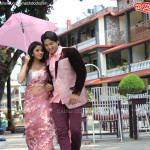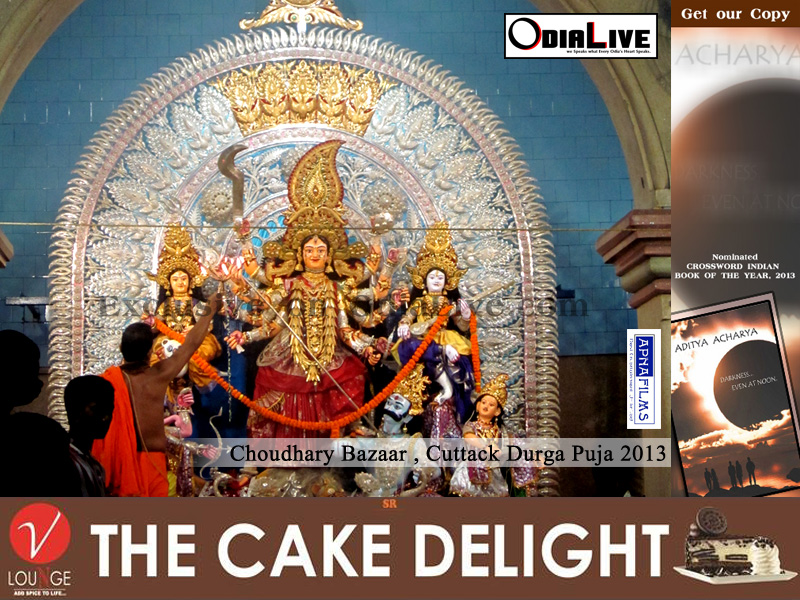Ratha Yatra 2020 – A Photo Story: Jagannatha Puri is one of the four major dramas or holy places mentioned in the Vedic Puranas. Here the Lord resides in His form as Jagannatha. The temple of Lord Jagannatha is considered to be one of the most important temples in India. It is certainly one of the most spectacular temples in Asia. Puri is important to the Gaudiya Vaisnavas because it was here that Sri Caitanyadeva resided after he took sannyasa.
The temple of Jagannatha has been in existence for thousands of years but the present temple was built by King Anangabhimadeva in the 12th Century.
Puri is well known as home to one of the world’s most unique religious festivals, Rathayatra which is held during June/July. Lord Jagannatha, along with His brother Baladeva and His sister Subhadra-Devi, is carried from the temple in great pomp and placed on huge wooden chariots (rathas) Thousands of pilgrims and spectators take part in this event and pull the chariots from the Jagannatha temple along the entire length of the Grand Road ending at the Gundica temple. The Deities remain there for nine days and then return to the main temple on the tenth.
The three chariots are built new annually excluding the Kalasa, 14 subsidiary deities, charioteers, and horses. 1072 pieces of logs (i.e.phasi, dhaura, maie, simili) are brought from Dasapalla and Ranpur forests. Nearly 125 temple carpenters (including helping assistants) work for 58 days at the Mahakala (in front of the palace) and chisel out 2,188 pieces of wood for the construction of three chariots. The construction work commences on the Akshaya Tritiya.
Each chariot is covered with new clothes of radiant color. Orissa Textile Mills provides nearly 1090 meters of cloths for this purpose. The chariots are fastened with four long sturdy ropes (each 240′-250′ with 8″ diameter) each so as to facilitate the devotees to pull them.
The Kerala Coir Corporation provides specially manufactured coconut fiber ropes. Iron nails, brackets, clamps, etc. used for this purpose are indigenously prepared by the native smiths near the Dolavedi and it takes them more than a month. The Rath’s superstructure (above the wheels) contains eighteen pillars and roofs at various stages which are known as bhuin, Potala, parabhadi, etc. There are 34 components of the chariot. Each chariot contains nine parswadevatas (subsidiary deities), two dwarapalas (doorkeepers), one Sarathi (charioteer), and one presiding deity of the crest banner (dhwaja devata), all made of wood.
Ratha Yatra 2020 – A Photo Story
Making of Chariots or Rath in Ratha Khala
 The final touch to Raths in Grand Road Puri
The final touch to Raths in Grand Road Puri
 3 Chariots in the Grand Road
3 Chariots in the Grand Road
 Pahandi Bije of the Lords
Pahandi Bije of the Lords
Also Read: The Lord of the Universe
Gajapati Maharaj and Chera Pahara Rituals
Taladwhaja – Devadalana and Nadighosha Rath
 At Gundicha Temple
At Gundicha Temple
![]()
Hera Panchami
 Badhuda Yatra
Badhuda Yatra
 Suna Besa
Suna Besa
Adhara Pana
 Niladri Bije
Niladri Bije
Also, Read- 15 Amazing Views of Shri Jagannath, you can’t stop Sharing
https://youtu.be/t7QExpWCtRk










